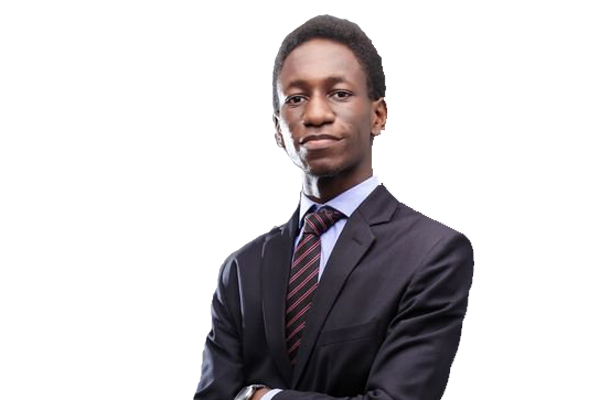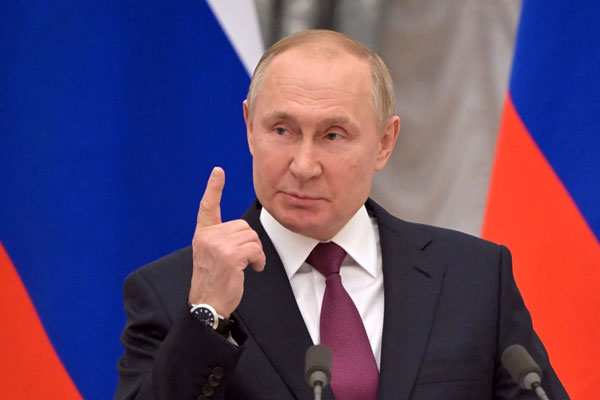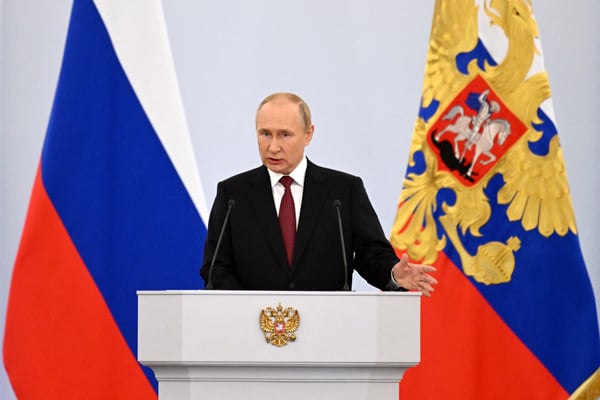Prime
Much ado about nothing? Musings on ICC arrest warrant against Vladimir Putin

Joshua Malcolm Musana
What you need to know:
As laudable the move by the ICC may be, there are challenges ahead. The first challenge is in gathering support from key influential states...
Last week, the International Criminal Court (ICC) made news by issuing arrest warrants against Russian President Vladimir Putin and Maria Lvova-Belova, the Russian Presidential Commissioner for Children’s Rights. This move is largely momentous because it marks the first time in the Court’s history that a warrant of arrest has been issued against a P5 (a collective term for the five countries with a permanent seat at the UN Security Council) head of state.
These arrest warrants are in respect of the alleged deportation and unlawful transfer of Ukrainian children from occupied areas of Ukraine to Russia. Much as the arguments advanced by the International Criminal Court to back the arrest warrants rhyme with morality, the Court’s actions have been made out to be out of tune in a legal sense by Russian proponents. The Court’s actions are praiseworthy in the respect that they set a precedent which widens the ambit of the International Criminal Court from investigating crimes in respect of crimes committed in the ‘Global South’ to also the ‘Global North’.
In this regard, the International Criminal Court sets a good trend in heightening accountability for impunity in the globe and offsets its critics that brand the Court as a witch-hunt against heads of state in the ‘Global South’ oblivious to actions of impunity committed by powerful nationals of the ‘Global North’.
The Rome Statute (the treaty that establishes the International Criminal Court) provides that the Court has jurisdiction and as such, can only conduct investigations in respect of crimes committed in the territory of either states that are parties to the treaty, or states not being parties to the statute have accepted the jurisdiction of the Court.
Firstly, neither Russia nor Ukraine are signatories to the Rome Statute as neither have ratified the treaty and as such, on this account, initially the ICC would be barred from acting as it did. Secondly, much as Ukraine has accepted the jurisdiction of the 1CC twice (in 2014 concerning crimes committed during the Maidan protests, and in 2015 concerning crimes committed during and in the aftermath of Russia’s occupation of Crimea), the Rome Statute places the condition that a country not being a state party to the treaty must accept the Court’s jurisdiction with respect to the ‘crime in question’ to enable the commencement of investigations.
This provision could be construed to bar the Court’s jurisdiction in the on-going conflict in Ukraine on the premise that in spite of the fact that the declaration made by Ukraine in 2015 widened the Court’s jurisdiction with respect to Ukraine to an indefinite period, it should be restricted to crimes committed since 2014 not subsequent events. In other words, Ukraine only accepted jurisdiction in respect of crimes that originated in 2014 and are still on-going not crimes that arose after the date ’20 February 2014’ as per the declaration made by Ukraine to the Court in 2015. The majority opinion is that such an interpretation is unorthodox hence there is no fault for the ICC issuing warrants in respect of crimes committed in Ukraine territory. As laudable the move by the ICC may be, there are challenges ahead. The first challenge is in gathering support from key influential states, with the first suspect being the USA (a famous non-state party to the Rome Statute).
The United States has a history of being opposed to the International Criminal Court which is highlighted by the “American Service-Members’ Protection Act” (colloquially known as the Hague Invasion Act), a law passed with the purpose of barring US military personnel from being indicted by the ICC. With such a repute, it is interesting that the US president is on the record for having stated that the warrants against Putin are justified. One wonders how the USA shall back the ICC’s arrest warrants which resonate with its policy on the conflict in Ukraine regarding Putin a war criminal, when the stance of its policy is to oppose the Court.
The New York Times even once reported that the Pentagon blocked the sharing of evidence on Russian atrocities with the ICC fearing to set a precedent to possibly indict American military leaders. Such fears could only have elevated after the court issued warrants against nationals of Russia, a country which is also not a signatory of the Rome Statute. As far as this precedent will advance, only time will tell as to-date only two P5 countries are state parties to the Rome Statute (The United Kingdom and France). What is agreed on by most though is that the only likelihood of arresting the Russian president is with a regime change in the Russian Federation.
The author, Mr Joshua Malcolm Musana is a lawyer passionate about Foreign Policy Affairs [email protected]




